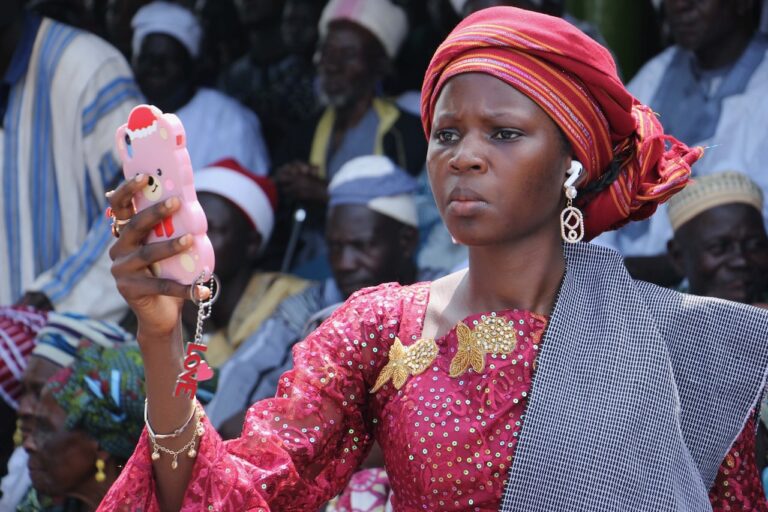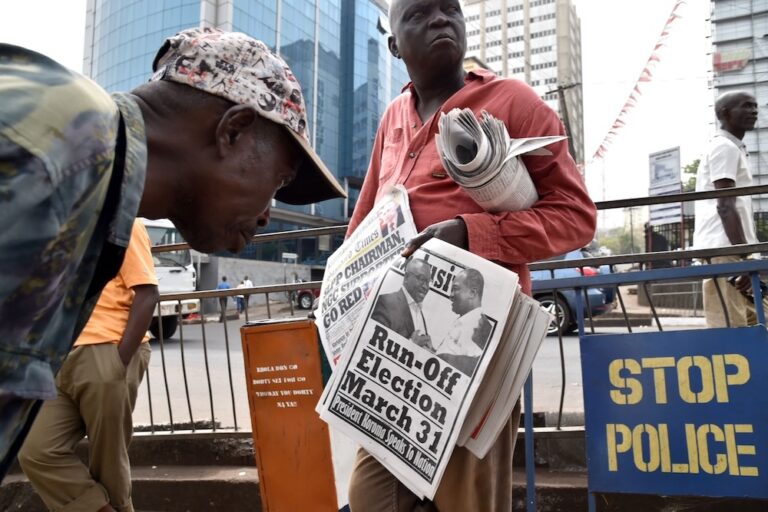The current edition of So This Is Democracy? documents numerous media freedom and freedom of expression violations that MISA recorded in Southern Africa during the course of 2011.
(MISA/IFEX) – The Media Institute of Southern Africa (MISA) has launched its annual state of media freedom report, So This is Democracy? The launch is designed to coincide with the occasion of World Press Freedom Day, falling on May 3.
The current edition of So This Is Democracy? (Number 18) documents numerous media freedom and freedom of expression violations that MISA recorded in Southern Africa during the course of 2011. Of interest to journalists, media practitioners and media activists will be the two key observations MISA makes based on the analyses contained in this report.
According to MISA: “as the strategies of beating journalists to a pulp, kidnapping or killing them or bombing printing presses lose their appeal in the region, the future of media repression will rely greatly on the threat of legal action against journalists or media houses. [Hence], as long as media law reform agenda is held back, the more repressive governments will use outdated laws and the inherent colonial instruments of repression that come with such, to restrict media freedom and media growth in the region.”
Most of the country reports in the 2011 edition of So this is Democracy? note that the existence of archaic laws is fundamentally threatening media freedom as such laws are open to abuse, based on level of interpretation.
MISA also makes the observation that “within the self-regulatory framework of the media, those who sit in Media/Press Councils/Tribunals will have to create some critical distance between themselves and the media they regulate in order to gain confidence from both the public and those who criticize them, mostly politicians. The self-regulatory image currently being portrayed by various Media/Press Councils/Tribunals in the region is that they are closely-linked, if not part of, the media institutions they watch over and therefore cannot inspire public confidence because of the question marks placed on their credibility given these seemingly intrinsic links. On the other hand, political oversight of the media remains undesirable and must be resisted – at all costs!”
Quite prominent in the debate on media regulation is South Africa, which is now considering a new and different form altogether of regulation as recommended by the Press Freedom Commission, an independent body set up by the South African National Editors Forum (SANEF) and Print Media South Africa (PMSA) to carry out research and come up with recommendations on the ideal regulatory framework for print media in South Africa.
The ruling African National Congress (ANC) had mooted radical reforms for print media in South Africa and couched these in the proposal to introduce a Media Appeals Tribunal (MAT), which would have meant that there would exist statutory control of the media in South Africa. However, the media and civil society vigorously fought against these proposals.
Other issues emerging in the report are related to access to and freedom of information. A pattern of governments reneging on their pledges to promote access to information is clear in the report. MISA is at the centre of a campaign on access to information – the African Platform on Access to Information (APAI) – and seeks to advocate for legislation that allows citizens to freely access public information in a bid to foster public accountability. Although laws that, purportedly, seek to promote access to information, it has been recorded that such laws actually hinder the same and are inconsistent with the letter and spirit in which they were envisioned.
So This is Democracy? will be launched by MISA Chapters across the SADC region on May 3, 2012. Its publication is a result of the critical media freedom monitoring and research function, which is at the core of MISA’s work throughout Southern Africa and closely-linked with decisive action, both in terms of practical support to journalists and media policy advocacy.


